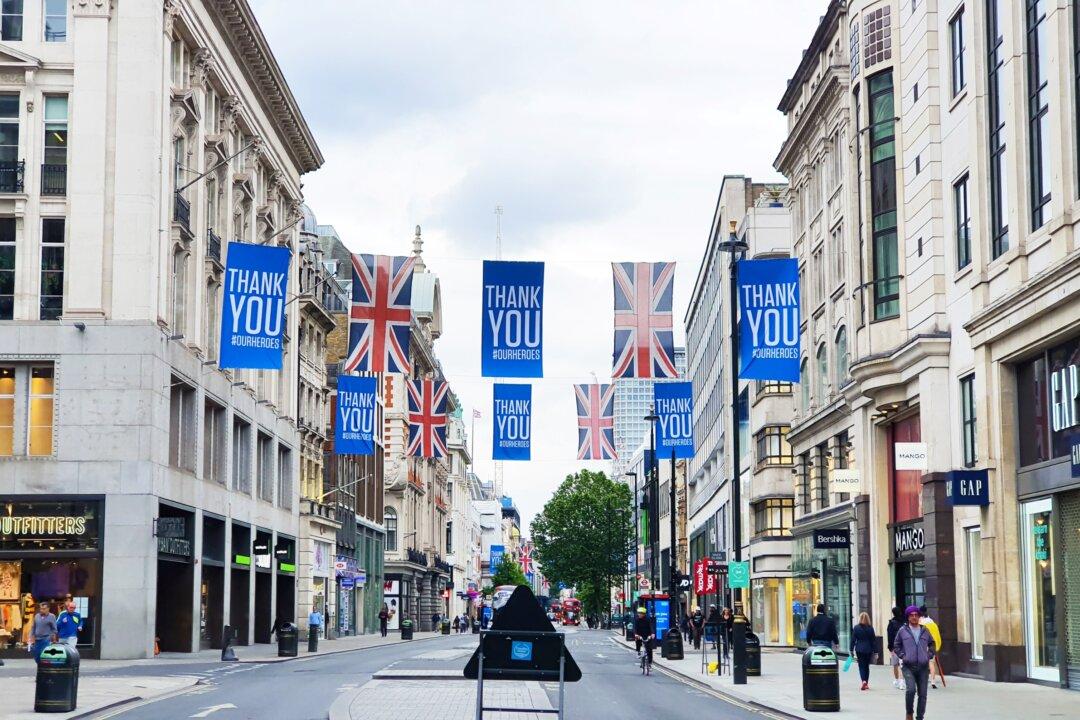For the first time in 40 years, more than half of the British public are unhappy with the National Health Service (NHS), according to the UK’s longest-running public opinion survey.
Fifty-one percent of respondents expressed dissatisfaction with the NHS, the highest proportion since the annual survey began in 1983. That’s mirrored by the overall satisfaction rate with the service, which fell to an all-time low of 29 percent from 36 percent in 2021.





